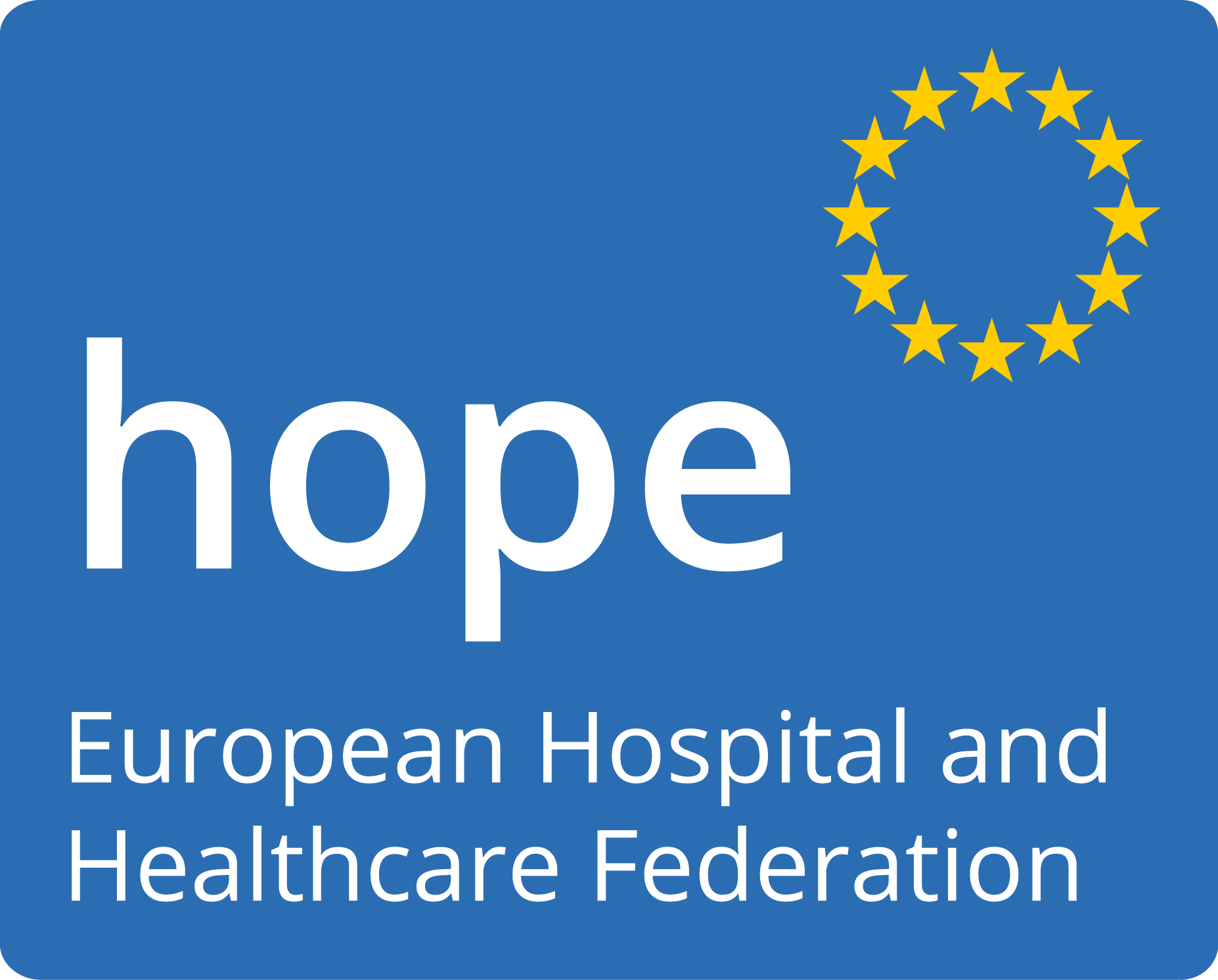HOPE is a member of the European Commission Expert Group on Medical Devices (MDEG), now called Medical Devices Coordination Group (MDCG) since 2010. The group is composed of industry and other stakeholders’ representatives in the area of medical devices and aims at discussing issues related with the implementation of the Medical Devices Directive. Additionally, HOPE is also part of its Cybersecurity and EUDAMED Working Groups.
Following the launch, in 2010, of a public consultation on the revision of the Directive on in vitro diagnostic medical devices to which HOPE responded, the European Commission published in 2012 two proposals of revised Regulations on medical devices and in-vitro diagnostic medical devices. The aim of both proposals was to address inconsistencies in interpretation by the Member States of the current rules, increase patient safety and transparency, remove obstacles to the internal market and strengthen the rules on traceability. The new Medical Device Regulations introduced the Unique Device Identification system based on a unique device identifier, which will facilitate easier traceability of medical devices, allow for better monitoring by competent authorities and help reduce medical errors and fight against falsified devices.
Both texts were adopted in 2017 by the Council (March) and the European Parliament during plenary (April). There were published in the Official Journal in May 2017.
In November 2018, a large-scale study on implants entitled “The Implant Files” was released by the ICIJ International Consortium of Investigative Journalists and relayed in several European Media.
The new rule concerning in vitro diagnostic medical devices will apply five year after publication (May 2022). The one on medical devices was supposed to apply from 26 May 2020 but has been postponed for one year by an extra ordinary measure linked with the COVID-19 outbreak: the Regulation of the European Parliament and of the Council amending Regulation (EU) 2017/745 on medical devices as regards the dates of application of certain of its provisions adopted on 23 April 2020. It will then apply as of 26 May 2021.
Since 2017, HOPE keeps monitoring and actively contributes to the transposition process of the regulations into the Member States national legislation as well as the Implementing Acts set by the European Commission.
The agreed texts have been largely welcomed by stakeholders and the public, especially in relation with safeguards against counterfeit devices and traceability that will be guaranteed both in the pre-and post-market stages. However, the core system of pre-market scrutiny of medical devices will still be based on decisions made by Notified Bodies, thus private companies, rather than public authorities as is the case for pharmaceuticals.
HOPE closely monitored the legislative process in the European Institutions and advocated that, when done in a safe way, the re-use of medical devices is a way to reduce costs and contribute to the protection of the environment. Reprocessing of medical devices results in the reduction of procurement costs, better use of cleaning and sterilisation equipment and in the reduction of inventory, waste and overall consumption of raw materials and primary energy.
Following the agreement on the draft Regulations, HOPE published a document summarising the main provisions of the coming legislation, with emphasis on the changes that will extensively influence hospital activities.
On 20 February 2019, the European Commission DG for Internal Market, Industry, Entrepreneurship and SMEs launched an informal stakeholder’s consultation on Medical Devices and common specifications for products without a medical purpose. Following this, on the 25 February 2019, the European Hospital and Healthcare Federation (HOPE), the European Social Insurance Platform (ESIP), the International Association of Mutual Benefit Societies (AIM), Prescrire and the Standing Committee of European Doctors (CPME) released a joint position paper calling for two things to improve the Regulations:
- the timely application of the new rules on medical devices that will allow the evaluation of their adequacy;
- a complete transparency concerning high-risk medical devices with public access to Eudamed to ensure traceability, vigilance and surveillance.
On 25 November 2019, the Council of the European Union has published a set of corrections as part of a corrigendum for the EU Medical Devices Regulation (MDR), giving manufacturers of certain Class I devices an additional four years to comply.
On 12 December 2019, HOPE joined the JAMS stakeholder conference of the Joint Action on Market Surveillance of Medical Devices (JAMS). The JAMS is aimed to reinforce the market surveillance system for medical devices by improving the coordination of activities by all Member States of the European Union, and ensuring adequate communications and cooperation.
On 24 July 2020 HOPE was selected as observer of the EUDAMED sub-group of the Medical Devices Coordination Group for a period of five years starting from 1 September 2020. This working group will assist and advise the MDCG on policy and technical matters related to the establishment, management and maintenance of the European Database on Medical Devices (EUDAMED), including the implementation and application of the relevant provisions of the MDR and IVDR. In doing so, the Subgroup will support the development process of the necessary specifications and technical functionalities related to EUDAMED.
In September 2020, HOPE released a Position Paper on In-Vitro Diagnostics Regulation expressing concerns for patient safety and continuity of care in relation with the time frame of the Regulation, and suggesting various solutions to prevent disruption.
